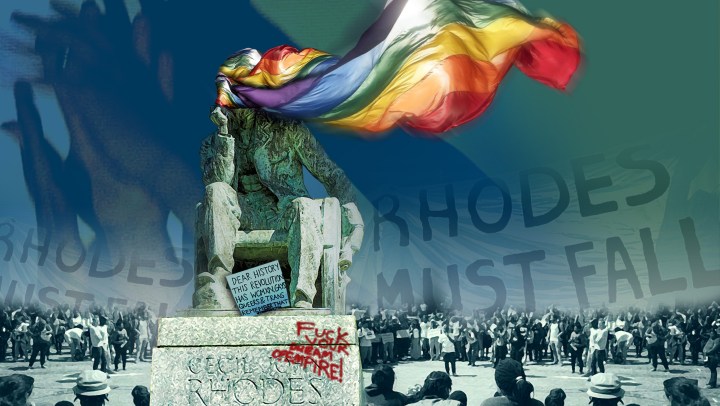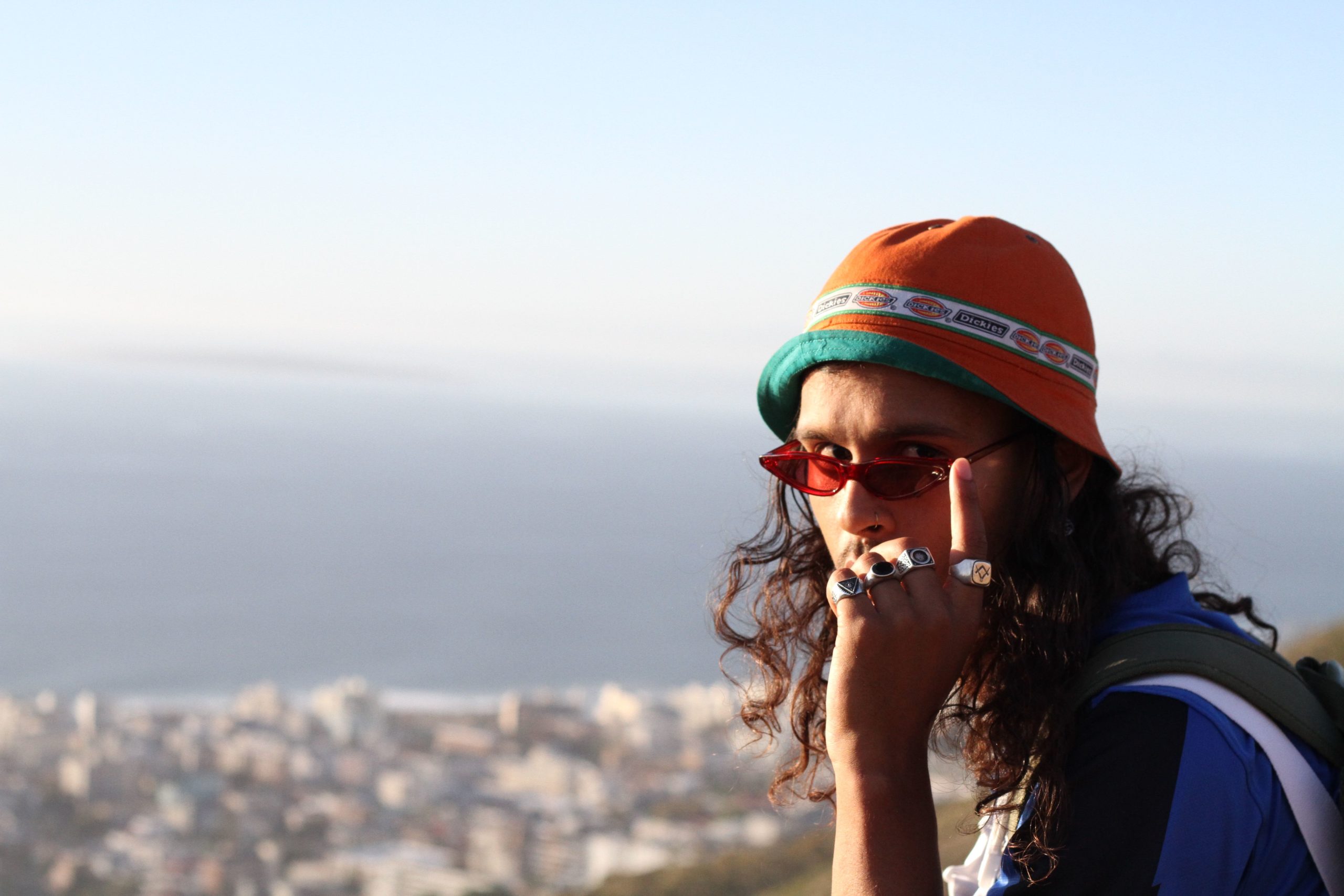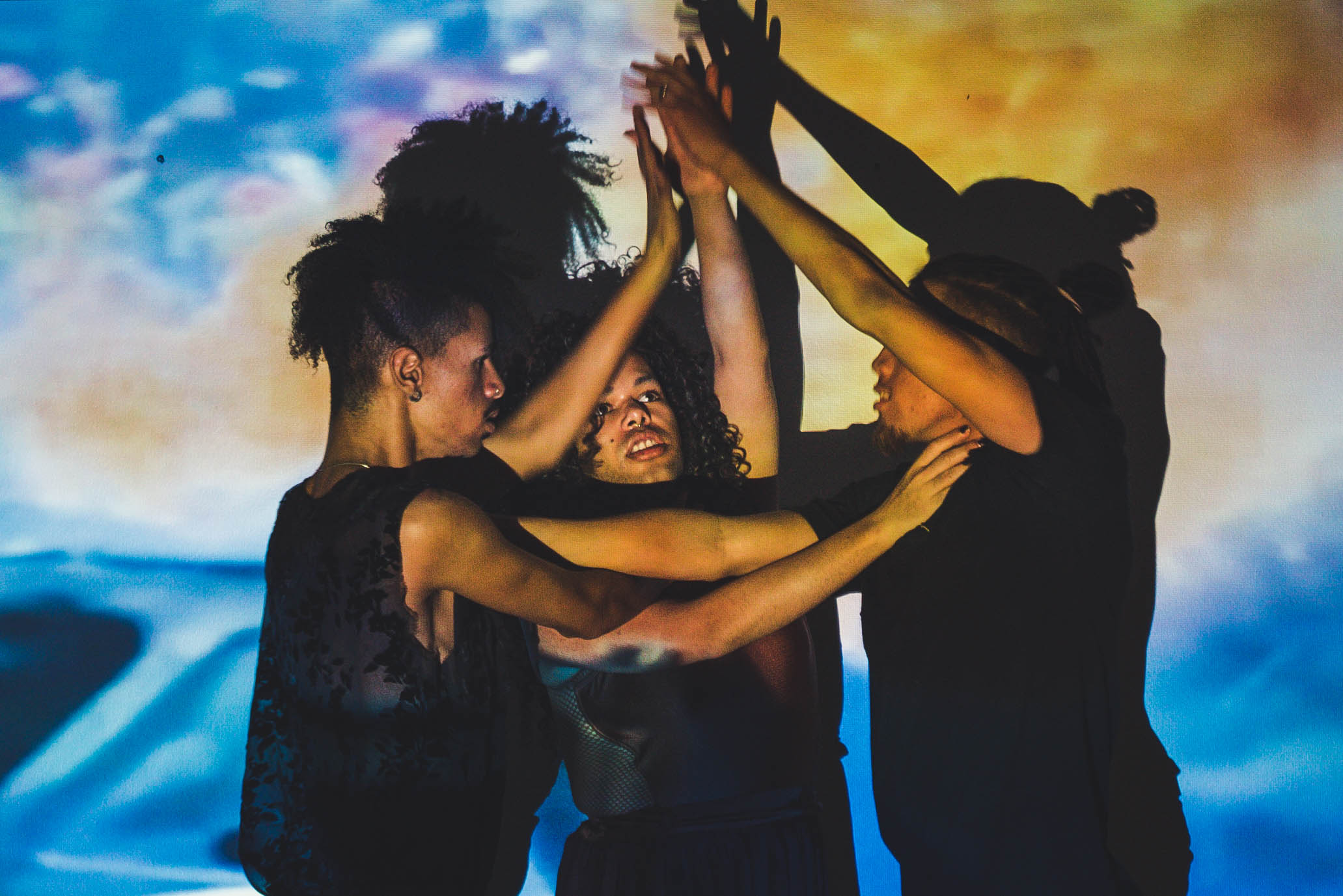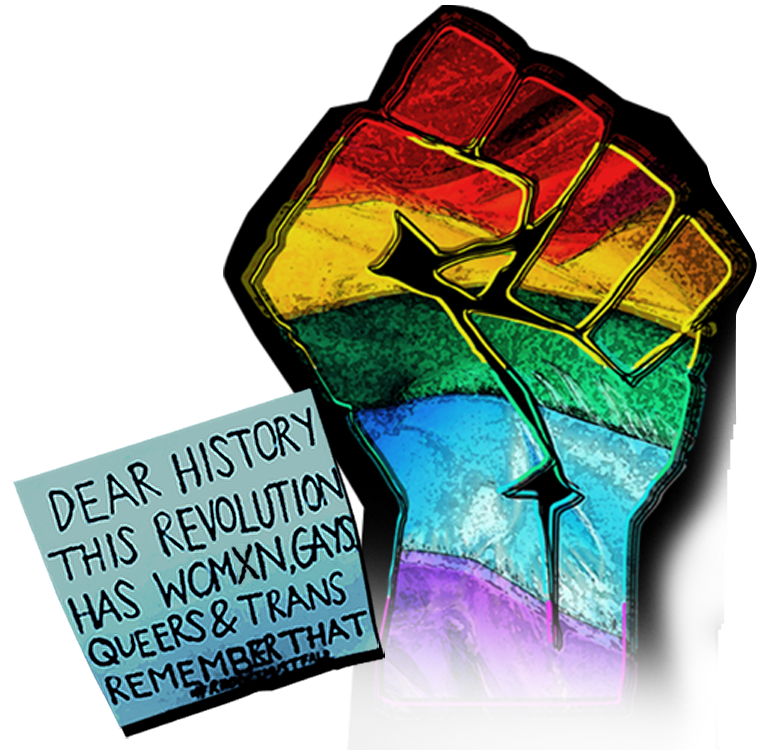MAVERICK LIFE OP-ED
Guarding the Burning World 2020

Who gets to tell stories? Can anyone tell a story? As children we unashamedly imagine and present ideas to our guardians who will applaud us, laugh at us and sometimes present consequences for the stories we tell. As adults and specifically as creative adults, we do not have someone to guide us around what stories are okay to tell and which are crossing the boundaries of integrity and honour.
I didn’t get the chance to go to university and have always envied my peers who followed the path to tertiary education and had the experience of high-school-round-2, but this time, in casual clothing and with sex!
Imagine what I could have been on campus, I would tell my friends jokingly, and “a hot mess” is often the reply I would get, or: “It wasn’t your destiny fam, you were busy adulting.” And a hot mess at adulting I was… if making sense of my sexuality within a patriarchal Muslim psyche, trying to find a job with only a matric certificate and being exiled from home meant that, then, indeed I was attending a different school all together.
A decade later I look back and I can undeniably say that I have not one single regret; I see now how my challenging path was paving a way towards my destiny, something which unfolds and gets clearer each passing day. Upon this tricky and beautiful path I had the opportunity to learn what danger meant, the feeling of being attacked physically, being neglected emotionally and what it meant to be spiritually vacant.
These experiences initiated me into learning how to protect myself and now how to offer that to others crossing my path. I ended up where most talented “rejects” end up – the film industry. The creative industry gave me the opportunity to learn vital life skills that made me more employable and capable of navigating the real world; skills like time management, making something from nothing, thinking on my feet, creating bonds within no time and yet not getting attached to people or places, recognising addiction, believing in something with my whole heart and most of all, it taught me the power of storytelling.
I have had the honour over the last decade of telling a number of stories in environments that haven’t always been the easiest to manage, the feeling of war was always preeminent in these environments, caged humans being punished in prison, young people filled with fears of their talents and nowhere to find safety in townships, queer and non-binary individuals riddled with wounds and brimming with sheer magic, feminist frontlines where hearts break every minute and PTSD is the norm – these environments where people have limited choices and yet still prove time and time again that the human spirit prevails over any external challenge presented to us, is where I mastered my storytelling… until one day, I got a call to enter a different environment altogether, one I had never recognised before I would be called into – this one I call Guardianship.
Who gets to tell stories? Can anyone tell a story? As children we unashamedly imagine and present ideas to our Guardians who will applaud us, laugh at us and sometimes present consequences for the stories we tell. As adults and specifically as creative adults, we do not have someone to guide us around what stories are okay to tell and which are crossing the boundaries of integrity and honour. I had my first obvious encounter with this with The Art of Fallism, a documentary that captured a piece of the Fallist movement at the University of Cape Town.
The director and the producer, both brilliant white Norwegian women with zero film experience, read about the movement in the media in Norway and were inspired to bring the issues and debate to their country. They applied for funding, wrote a treatment and flew to SA to get activists and artists involved in the project. When they arrived they were met with fatigued Fallists who were weary of the white lens on black issues and who drew the boundary on being captured.
Defeated and ready to return to Norway, the team found my number through a prison contact and I agreed to meet with them out of courtesy for our mutual friend. What I was confronted with was nerve-racking to engage with and deeply unsettling, but I understood that this team would not be the last arriving on SA shores ready to shoot black stories and I was also sure that they would follow my guidance by the energy I picked up in our interactions. So I laid down the law, so to speak, and explained that I would stand as Guardian for the project, meaning that every intention had to be passed through me, decisions regarding money, who they wanted to interview and how they would portray the story. Guardianship. I was hired.
Looking back now at the amount of fights, halting filming during production, intense reflective work, gut-wrenching conversations and tears it took to follow the Guardianship process, I completely understand why we don’t do it. Why is it easier to tell a story about a culture and a people that are not related to you? You get to remove yourself completely, take the flight home to familiarity where you can tick off the project as an epic experience and be more cultured the next time you need to speak about yourself in a social setting, you get to expand your budget by converting your northern hemisphere currency into rands, you get a beautiful environment with friendly people.

Wisaal Abrahams (Image supplied)

Artist Imraan Christian at his favorite spot on a hill above Cape Town. Imraan is a visual artist who documented the movement, but also the violence and repression from the police and army. (Image supplied)

The artist Angel-Ho (middle) with dancers in front of video projection of burning cars during Fallist protests. (Image supplied)
Guardianship requires the alien party to deeply consider their intentions for doing the project, who they have as their crew, be willing to make changes if that is necessary for the emotional safety of the participants, be willing to pay local crew what they ask to be paid, make the budget transparent to both parties who are co-producing, take direction from local experts, change their ideas on what they had in mind and use their privilege to advance the issues they get recognised for capturing. It also requires groundedness from the Guardian, an uncorrupt mind, a neutral perspective on power and a grudgeless attitude. Easy? No. Necessary? Yes.
Why should this be necessary in a burning world? As we witness the glorified storytellers of our nightmares get floored for the first time in history, as we witnessed the neck of a black man get crushed while pleading for mercy, as we express our harrowing disappointment in our world leaders who remain complacent and complicit with the ongoing effects of colonialism, we know in our hearts that the tide has turned. We know that something necessary and intentional must be done with how we tell our stories, with how this story of our burning world will be written.

‘The Art of Fallism’ (Image supplied)
Every minute that is passing, as each statue in the world falls, as each person of colour/culture that lies outside of the privilege and protection of white supremacy stands in their power, as we wake to this festering wound that has created barriers to our success and wellbeing, may we be encouraged by the truth that justice will be served; whether it be by the hands of our courageous youth, our magical womxn, or by some invisible hand that will galvanise our men, angering them enough to fight, but never to abuse their power of brute strength against us. Justice will be served, the past will be retold through unbiased eyes, with Guardians pouring over each page and we will create a world that seeks to heal itself through our individual healing. The collective has woken, we are ready to fight without removing our love. We have no choice now: we are out of time. DM/ ML
Wisaal Abrahams (Pink Rock Media) is the co-producer of The Art of Fallism, “a South African/Norwegian documentary, that teases out the nuanced, yet deeply complex stories of those who struggle for a voice within the collective struggle for equality.
“The Fallists want to end repression for everybody in society. With young township men, feminists and the trans community all joined, they want to revolutionize a racist and systemically unequal South Africa. What happens when they struggle to even tolerate one another? This is a story about big dreams, chaos, belonging and rejection. Meet the activists and artists that have inspired youth across the world”.
The film is currently screening at the 41st Durban International Film Festival which takes place online (and free to watch) until 30 September 2020.


















 Become an Insider
Become an Insider
I had to read this article several times before I understood what was written. My literary skills simply is not up to that of Mr Abrahams. But despite the difficulty, I have to comment and applaud you.
I don’t believe that I have ever read such a self-indulgent, confused and confusing piece. Not to mention the romanticisation of an extremely non-romantic and decidedly toxic and self-destructive “movement” as the Fallist one.
“uncorrupt mind, a neutral perspective on power ….”
Sorry, no possible . We all have a bias, it’s just whether we can begin to glimpse it or not. There are also no neutral perspectives…